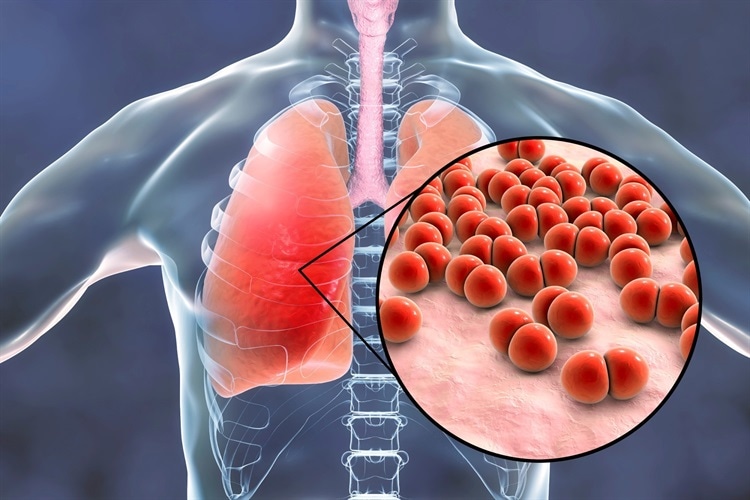Previous studies have shown that infections may result in systemic inflammatory responses that may cause the onset of serious cardiovascular events, such as heart attacks. But less is known about the precise dangers linked to pneumococcal infections, particularly invasive pneumococcal disease.
The investigation, conducted from 2004 to 2019, compared Tennessee residents’ rates of heart attacks among those with laboratory-confirmed invasive pneumococcal disease to those during infection-free control periods. Andrew Wiese, MPH, Ph.D., assistant professor in Vanderbilt’s Division of Pharmacoepidemiology, Department of Health Policy, served as the study’s principal investigator.
The Tennessee Active Bacterial Core Surveillance (ABCs) system, directed by William Schaffner, MD, and Keipp H. Talbot, MD, MPH, and using statewide payer hospitalization data from the Tennessee Department of Health, was used to create the study population.
Given that pneumococcal illness can be prevented through vaccination, “Our results highlight the possibility that the ongoing routine administration of pneumococcal conjugate vaccines to older adults, as currently recommended by CDC, could reduce the burden of cardiovascular events, including heart attack in the population,” said Carlos Grijalva, MD, MPH, professor of Health Policy and Biomedical Informatics and senior author on the study.





